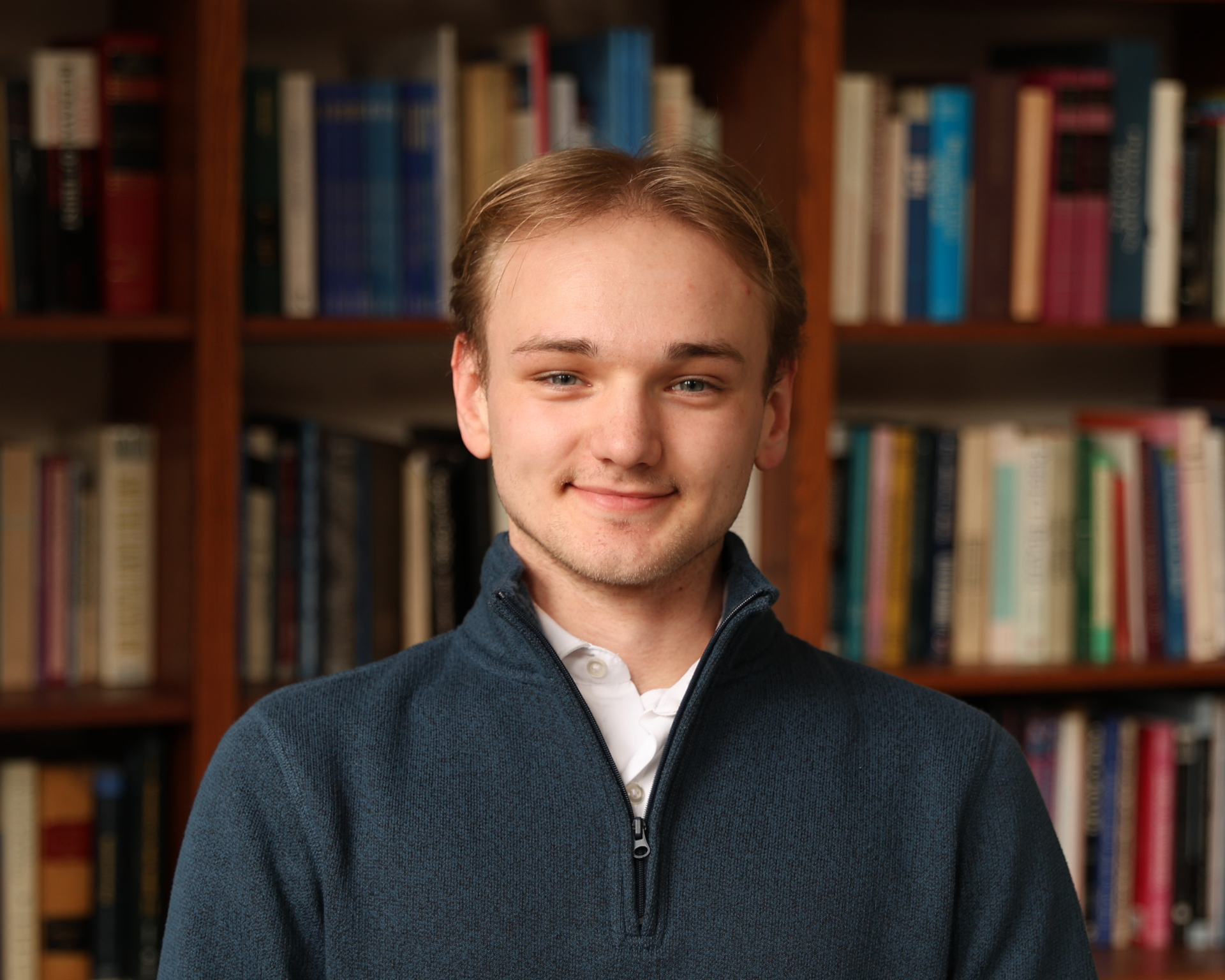Meet Our Team: Aidan Stotz
Aidan Stotz, a PHP writing fellow, discusses his passion for public health and his approach to compelling storytelling.

Read Time: 3 minutes
Published:
Over the last several weeks, we have published a series of Q&As introducing our readers to the people behind the work here at Public Health Post: our student fellows and editorial team! Next up is Aidan Stotz, one of our student writing fellows. Each week, Aidan pitches new story ideas that break down health research, explain data graphics, or present original interviews with leaders in the field. He then works with our editors to write, edit, and rewrite his stories for public consumption.
Learn more about Aidan, his public health interests, and his approach to compelling and insightful storytelling below.
What public health issue are you most passionate about, and why?
As of late, I’ve become especially passionate about addressing public health misinformation and active disinformation. These forces have not only eroded public trust but have also deepened the existing schism between public health institutions and the communities they aim to serve, undermining efforts in areas like vaccination, mental health, and chronic disease prevention.
What drew you to Public Health Post, and what are you hoping to contribute or learn?
In a time where public health is heavily politicized, ensuring that evidence-based information is communicated clearly, accessibly, and equitably is more important than ever. Working as a writing fellow grants me the opportunity to contribute to this mission while growing as both a writer and an aspiring public health practitioner.
What’s a public health myth or misconception you’d love to bust?
That health is solely based on personal choices like diet and exercise. The social determinants of health, or the non-medical conditions in which we work, play, exercise, learn, and age, influence up to 80% of our health outcomes. Moving beyond the idea that health is solely the result of individual choices enables a more comprehensive understanding of the factors driving poor health outcomes.
How do you know when a story is worth telling?
All stories are worth telling, but the stories that I find the most compelling and interesting to write about are those that challenge silence and urge action or reflection. If a story can shift how someone thinks, or at the very least, offer a new perspective, there is tremendous value in giving it the space to be heard. Stories like these do not just convey a message; they connect, disrupt, and often plant seeds of change.
If you weren’t in public health, what job would you want to try for a day?
Being a food critic for a day and eating at as many fancy restaurants for free as possible sounds like a great time.
Coffee or tea?
Neither!
Early bird or night owl?
Night owl for sure. I feel more productive in the evenings.
Last book you read and loved?
The Way of Kings by Brandon Sanderson, A Short Stay in Hell by Steven L. Peck, and Pathogenesis: A History of the World in Eight Plagues by Jonathan Kennedy are among my recent favorites.
Dream vacation spot?
Barcelona or London for an Arsenal match!
